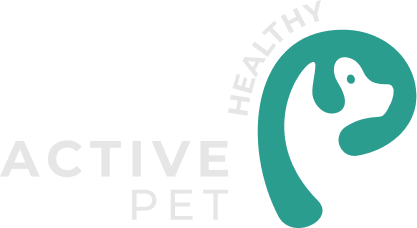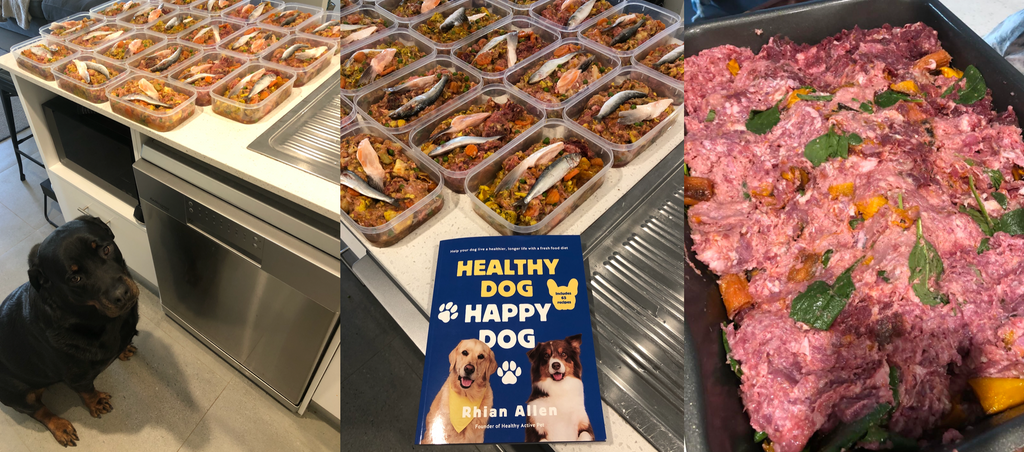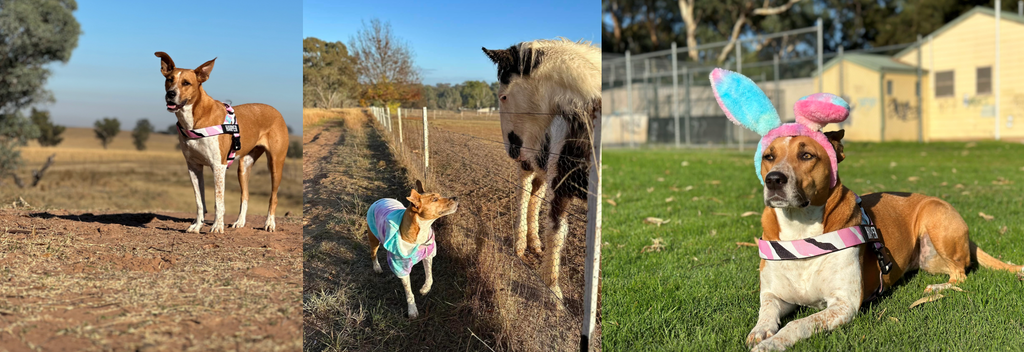
Vet shares 5 foods you can feed your dog that people think you can't
On the internet there is lots of information out there and it can be a minefield trying to figure out what you should and shouldn't feed your dog
There is also a lot of misinformation out there that adds to the confusion.

And today resident Vet, Dr Stephanie, talks about what foods you can feed your dog in moderation that a lot of people think you can't.

And you can also hear directly from our pet nutritionist about foods you should avoid for your pup - but below we have outlined foods that are often thought of as dangerous for dogs but are not in moderation
Foods you can feed your dog
Avocado: this fatty fruit almost always ends up on unsafe food lists due to a toxin called persin . However, persin is present almost entirely in the leaves, peel and stone of the avocado plant, not the nutritious flesh. There have been no recorded cases of persin toxicity in dogs from eating the flesh of avocado and many enjoy it without issue .
Garlic: another common toxicity myth, garlic is therapeutic in small amounts and is highly unlikely to ever cause anaemia due to the enormous amount that would need to be consumed in order for this to happen
Dairy: contrary to popular belief, not all dogs are lactose intolerant . Some are, like some humans are, and obviously in this case it should be avoided . But a little cheese treat or the probiotic goodness of fermented dairy won’t do any harm if your dog digests dairy without distress .
Mushrooms: this is maybe the weirdest myth, because when people say “mushrooms” are toxic, they mean the same mushrooms that are toxic to everyone . Poisonous mushrooms . Don’t feed your dog poisonous mushrooms,
or any other poisons please . Button mushrooms are perfectly safe and medicinal mushrooms are a wonderful addition
Tomatoes: Ripe tomatoes are non-toxic, so they aren’t poisonous to dogs. In fact, the many health benefits that tomatoes offer is why they are often included as an ingredient in pet food.
Tomatoes have a lot of fibre, which helps support your dog’s digestion. They also have antioxidants, vitamins, and minerals like potassium, vitamin C, and vitamin K, as well as folate (vitamin B9), which helps with tissue growth and cell function.
And if you want to start your dog on a raw dog diet than you can see over 80 raw feeding dog recipes here - all created by pet nutritionists and all recipes meet AAFCO standards.




